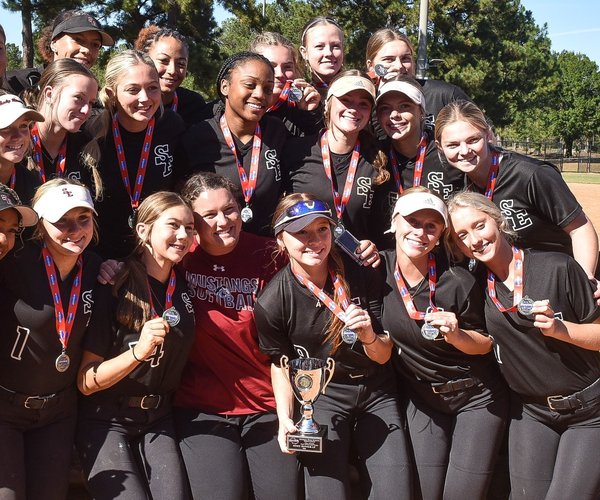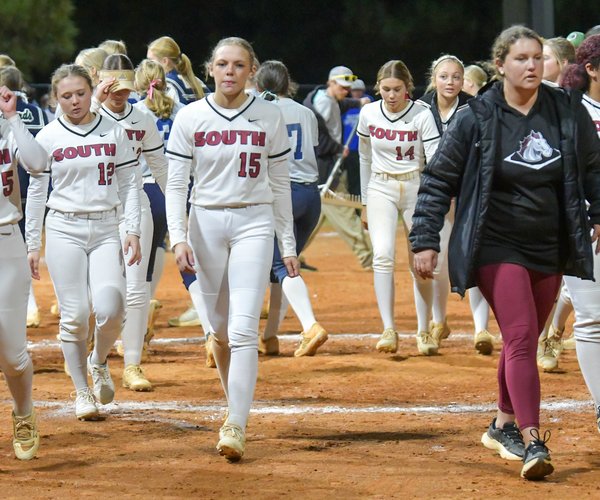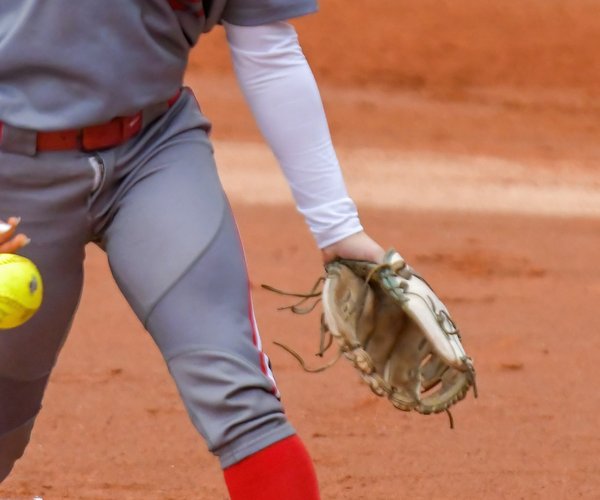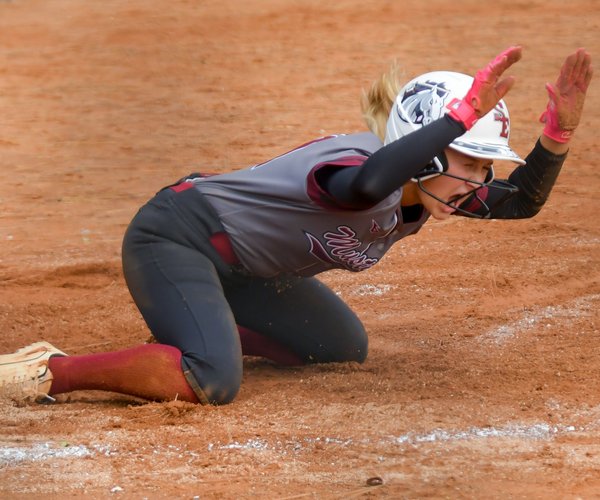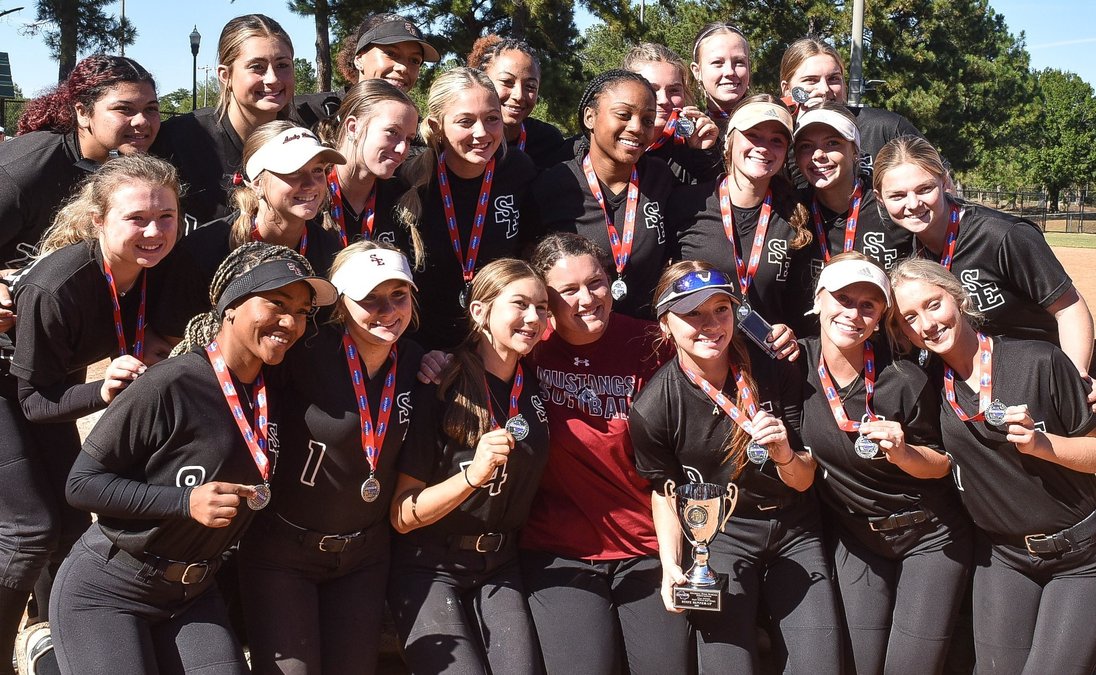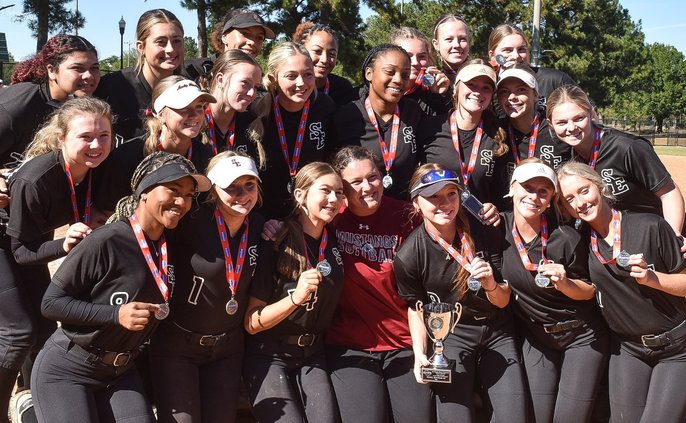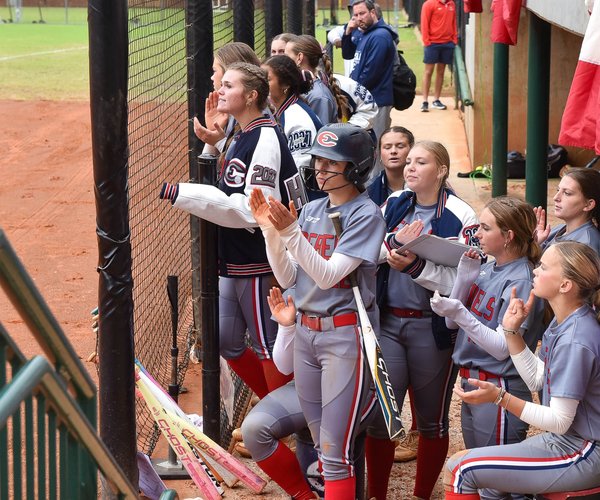Come this fall, this may be a question asked ahead of time by an invited hunter to the host of the field. This may be a question one hunter poses to another as they step onto a dove field for the first time. In the worst case scenario, this question may be asked by incredulous hunters who have just been informed by the Game Warden that, yes indeed, the field is baited.
Department of Natural Resources Ranger Brandon Pierce of Effingham County would like to avoid the last example and provide suggestions and strategies for successfully and legally attracting mourning doves, as well as tips for recognizing dove fields that may be baited.
The ever-present dove is Georgia’s most popular and numerous game bird. It is hunted by more Georgians than any game species except deer, and the dove harvest is by far the highest of any species in the state.
Although the mourning dove is a common game bird on Georgia’s farms, it is also considered a migratory bird. Federal and state laws prohibit hunting migratory game birds over baited areas. Ranger Pierce says that what constitutes baiting for mourning doves occasionally has been a source of confusion for hunters, farmers and land managers.
The key to hunting doves legally in Georgia is understanding the differences between “baiting” and “normal agricultural operation.”
“Baiting” is the practice of direct or indirect placing, exposing, depositing, distributing or scattering of salt, corn, wheat or any other grain or feed that could serve as a lure or attraction for doves to, on, or over any areas where hunters are attempting to take them. Any baited area remains baited for 10 days following the complete removal of any salt, corn, wheat or any other grain or feed which constitutes bait. Dove hunting over or near a baited area at any time within 10 days after the bait is completely removed is a violation.
Whenever a hunter experiences doubt as to the legality of a field, he or she should unload their shotgun and leave. Hunters, landowners, hosts and land managers should always call their Wildlife Resources Division regional office or local conservation ranger for any questions regarding field preparation efforts.
Dove season in Georgia opened statewide Saturday and runs through Sept. 21. The second season is from on Oct. 11-19. The third and longest season runs from Nov. 27-Jan. 10, 2009.
Shooting hours are noon until sunset on opening day of the first season, and one-half hour before sunrise to sunset every day thereafter. The daily limit is 12.
More information on legal dove hunting in Georgia can be found at www.gohuntgeorgia.com.


